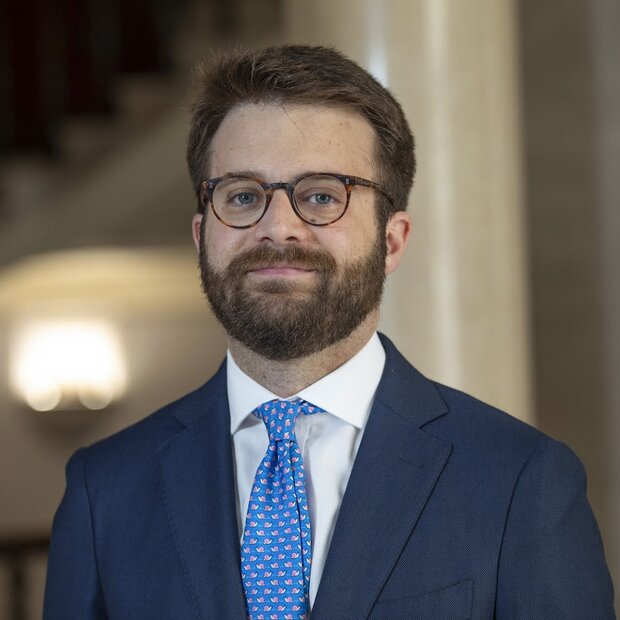09 Oct
2025
Kiel-CEPR Research Seminar
Roger H. Vicquéry: Sanctions and Currencies in Global Credit
12:00
–
13:00
Roger H. Vicquéry, Center for Macroeconomics

Speaker: Roger H. Vicquéry, Center for Macroeconomics
Location: online or at Kiel Institute for the World Economy, Chausseestraße 111, 10115 Berlin
Organizers: Kiel Institute for the World Economy, CEPR
Registration: Please sign up to receive the newsletter and zoom links for the seminar. If you plan to attend in person, please let us know here beforehand.
Abstract:
This paper studies the effect of financial sanctions on the dominance of the US dollar in global credit markets. In the aftermath of the 2014 invasion of Crimea, targeted “sectoral” sanctions imposed by both the US and the EU restricted the provision of financial services to certain Russian firms. We document how, amid a 40% decline in foreign lending to Russia between 2014 and 2021, the share of global cross-border loans to Russia denominated in US dollars declined from 65% to 25%, while the share denominated in euros rose from 20% to 45%. We argue that financial sanctions can introduce both jurisdiction and currency-specific frictions. In particular, US extraterritorial sanctions increase the relative “settlement risk” of US dollar claims, since any transaction processed through dollar payment infrastructures may be subject to US sanction enforcement, regardless of the jurisdictions involved. Relying on confidential bank-level data covering the universe of London-based global banks, we show that banks from sanctioning jurisdictions reduced their overall lending to Russia by ~50% more than banks from non-sanctioning jurisdictions. However, the shift away from dollars and into euro-denominated credit to Russia occurred across all banks, regardless of whether their home jurisdiction was part of the sanctioning coalition or not. This implied a 5-fold increase in euro claims on Russia, relative to dollar claims. We show that this de-dollarisation spilled over to non-Russia cross-border lending: after 2014, Russian-exposed London banks substantially increased the share of euro denominated lending to BICS emerging markets, compared to non-exposed banks. Our findings have important implications for the interplay between geoeconomic power, sanctions and anti-coercion policies.
Contact
Paulina Alibhai
Paulina.Alibhai@ifw-kiel.de
Timothy Meyer
Timothy.Meyer@ifw-kiel.de

